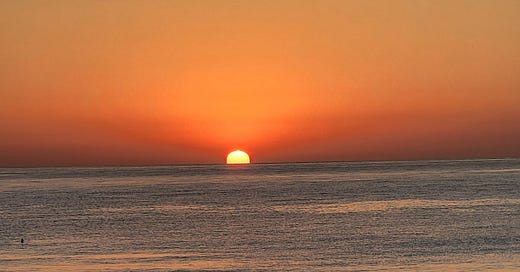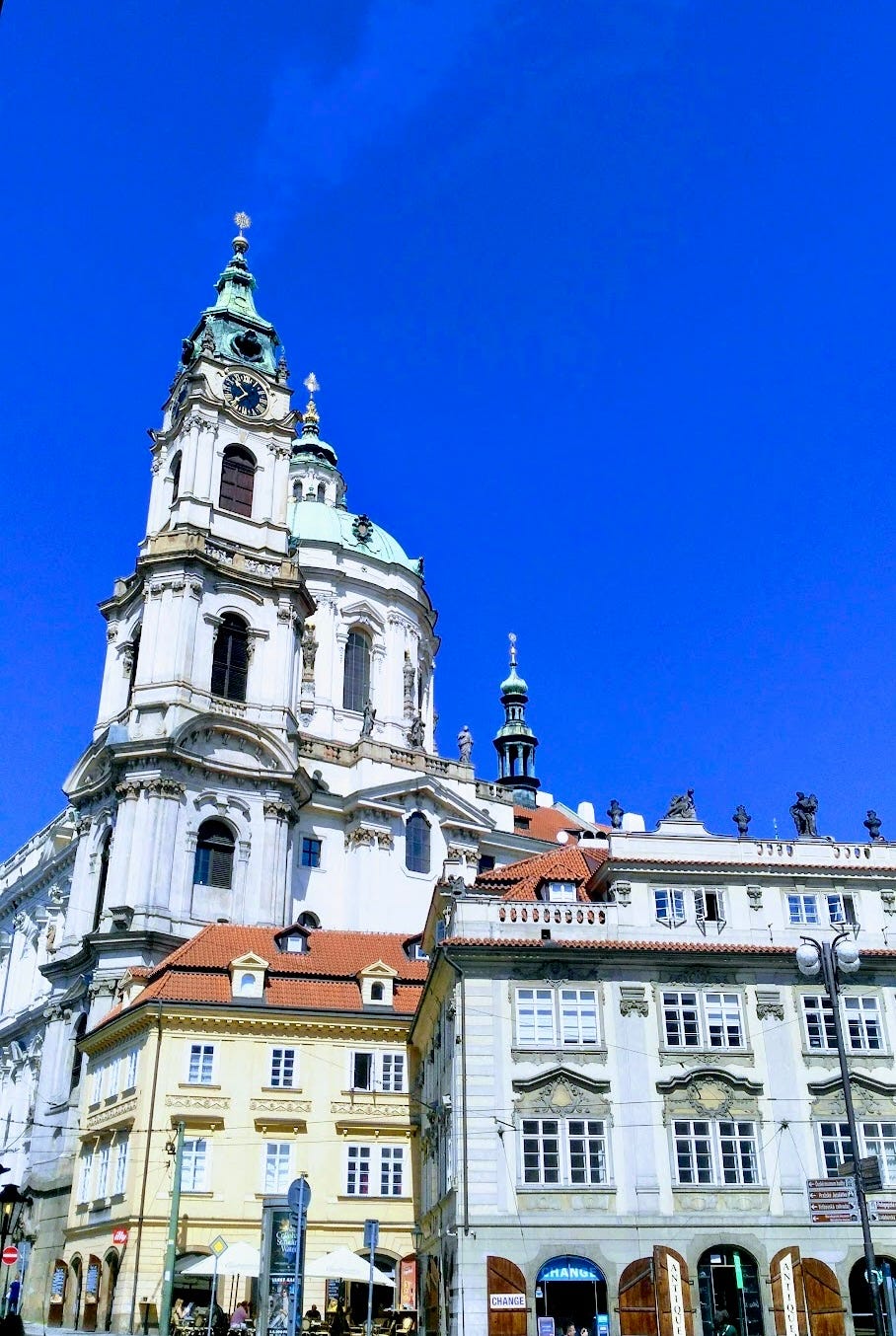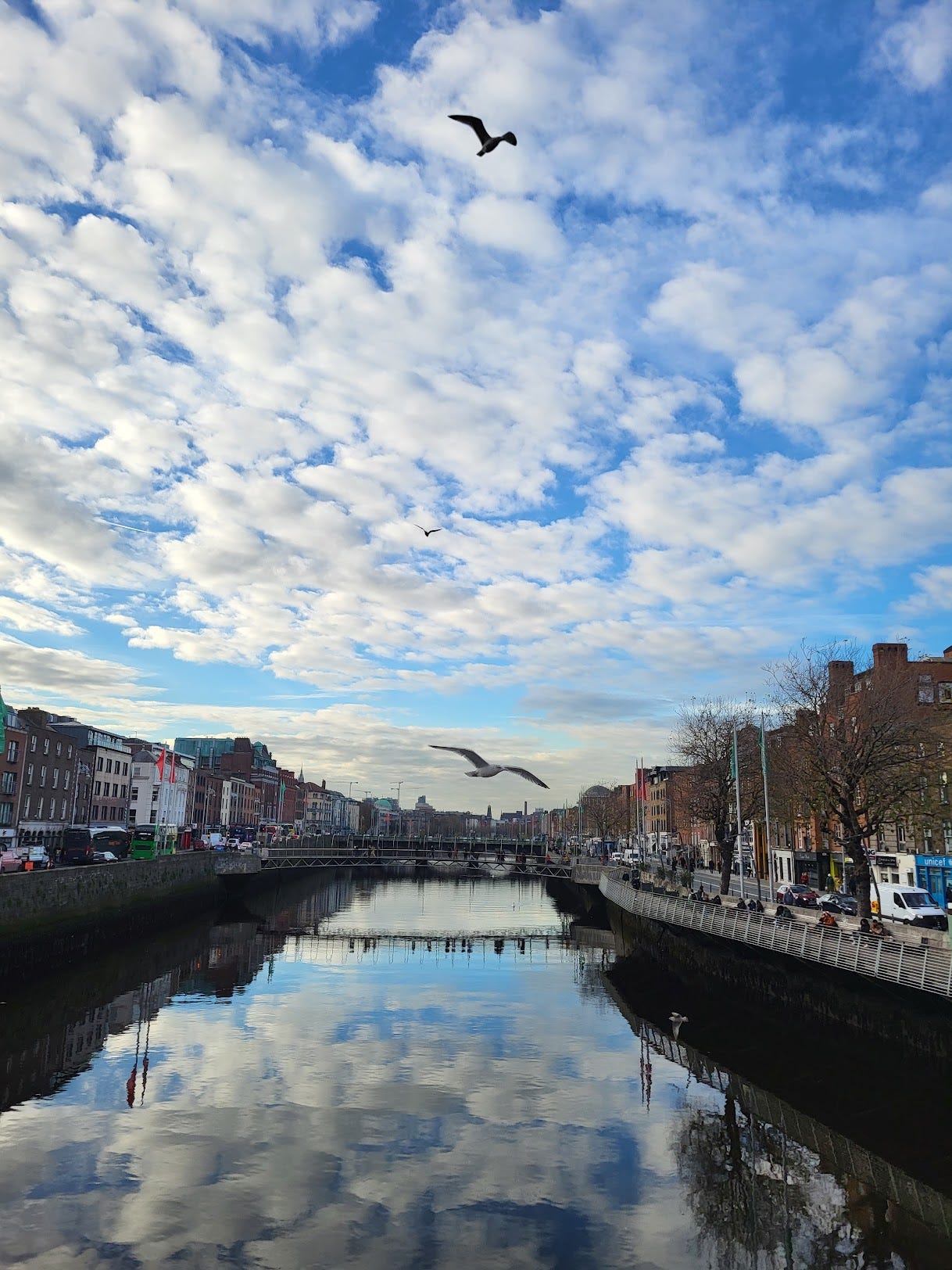At our therapy centre, we have always believed in exploring new and meaningful ways to experience freedom from eating distress. Over the years, we have organised twenty five intensive recovery programs, mainly to Lanzarote and Prague and some took place in Dublin as well, where we introduced a powerful, practical approach to healing: Experiential Therapy. These intensive programmes, shaped by lived experience and deep reflection, have become an integral part of our recovery philosophy.
Eating distress/eating disorder or what we sometimes call the “not good enough syndrome”, isn’t just about food or body image. It’s about a mind consumed by stress, fear, and rigid distorted thinking patterns. Thoughts like “What should I eat?”, “Will this make me gain weight?”, or “Have I walked enough steps today?” can take over, leaving little room for presence, joy, or spontaneity, and other life experiences
What we’ve learned, both personally and professionally, is this: when your mind is constantly hijacked by anxious, conditioned thinking, it becomes nearly impossible to truly see and experience the beauty of the world around you. It’s as if you’re walking through life with fogged-up glasses, unable to notice the vibrant colours, textures, and moments that make life worth living.
But recovery changes that. It’s like getting a fresh pair of mental glasses, suddenly, the world appears more vivid, clearer, more hopeful, more real.
Experience are very important part of our healing process. Through our travels and therapeutic work, we’ve discovered that healing happens most powerfully through lived experience. While traditional therapy rooms have their place and are very important, we found that real transformation often begins outside of them, in the midst of nature, laughter, movement, and connection.
That’s why we created our Recovery & Recuperation Programme, a personalised, experiential recovery process that takes therapy into the real world. Each programme is unique, tailored to the needs of the individuals involved. From early morning walks by the ocean to impromptu dancing in the street, every moment is an invitation to experience life differently. There are the moments that make a difference. On these trips, healing came in many unexpected forms.
Watching the sunrise by the sea: Just a few sessions at the water’s edge often brought more clarity and insight than weeks in a therapy room. The rhythm of the waves, the fresh morning light, it helped people feel calm, grounded, and hopeful.
Dining in restaurants: Eating out can be a major source of anxiety for those recovering from eating distress. But when approached with guidance and support, it becomes an opportunity to reclaim joy. Learning to taste food without overthinking it, to savour the ambiance, and to be present, these are the first steps toward food freedom.
Golf sessions at the driving range: You might be surprised, but focusing on a small white golf ball can be an incredibly grounding experience. For many participants, it was the first time they weren’t thinking about calories, body size, or what they had eaten, just the ball, the swing, the moment.
Running to the opera in Prague: One unforgettable evening, our group only had ten minutes to get ready for the opera after a long day exploring the Old Town. You’ve never seen a group of women get dressed so fast! There was no time for body-checking, no space for self-criticism, just excitement, laughter, and a beautiful night of music. It became a cherished memory and a symbol of spontaneous living.
A breakfast incident that became a milestone: At one hotel, a participant took an egg from breakfast back to their room. The hotel staff initially complained, not understanding the significance of the act. We explained that for someone in recovery, this was a meaningful step forward, taking food for later instead of engaging in restrictive behaviour. Later, the hotel manager brought us a bottle of champagne in apology. We still laugh about it today:)
Prague, Dublin and Lanzarote, each place we visited offered something unique:
Lanzarote: This island is pure magic. The sun, the light, the open landscapes, it invites creative thinking and emotional release. Many participants felt a deep sense of connection to nature, which helped speed up their recovery and inspired a sense of renewal.
Prague: The city’s rich history and beautiful architecture served as the backdrop for deep reflection. Exploring its old streets and cultural landmarks became more than sightseeing, it became an opportunity to shift focus from fear to wonder.
Dublin: Even at home, we brought experiential therapy to life. A tour on the Dublin bus, learning about the city's past, became a way to shift perspective. One participant shared that simply hearing stories of resilience helped weaken the grip of their eating distress. It reminded them that there is life beyond fear, and that they are part of that life.
What We’ve Learned
Experiential therapy is powerful: It may require more planning, but it yields, lasting results. People feel more connected to themselves, to others, and to the world around them.
Joy is healing: Laughter, creativity, and connection aren’t just side effects of recovery, they are recovery.
Real-life practice is essential: Recovery is not just about talking, it’s about practicing life. It's about learning how to walk lightly, think freely, and live fully in the world.
The world needs you: One participant called her experience “a Festival of Freedom.” That phrase stuck with us. It captures what these trips are really about: rediscovering that we each have a place in the world, and that life is meant to be lived and not just survived.
We hope to see more people and professionals embracing experiential therapy. Eating distress is not simply about food, it’s a response to life. The more we help people engage with life, the more they can loosen the grip of their distress. There is a beautiful world waiting to be seen, felt, and embraced. Recovery isn’t about becoming someone new, it’s about learning to see the world (and yourself) with fresh eyes, full of possibility and hope.
Thank you for reading it.
J&M
Check out more helpful recovery resources on Marino Therapy Centre







Sounds magical. I would love to experience a MTC retreat sometime ☺️